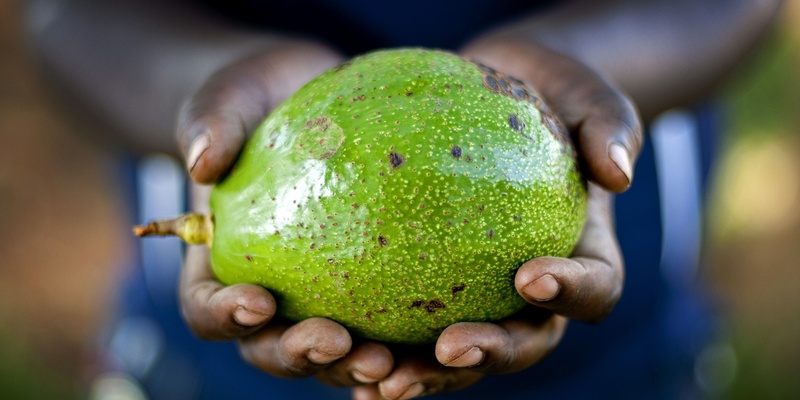EU-funded IPPC project to help strengthen plant health gets underway in 9 African Union countries
Posted on Mon, 17 Jul 2023, 12:42

© FAO/Christena Dowsett
The IPPC Phytosanitary Capacity Evaluation (PCE) and the FAO/WHO Food Control System Assessment tools are being used in “Strengthening food control and phytosanitary capacities and governance,” a two-year project financed by the European Union and led by a team of experts from the International Plant Protection Convention (IPPC) Secretariat and the FAO Food Systems and Food Safety Division (ESF). The project provides technical support and works with Competent Authorities and other leading institutions in countries within the African Union to build up capabilities, strengthen governance and improve strategic planning around two critical components: plant health and food safety.
Well-structured and well-functioning national phytosanitary systems and food control systems are essential prerequisites to guarantee safe and healthy food to citizens on one hand, and to comply with World Trade Organization (WTO) requirements for international trade on the other hand. Without a sound national phytosanitary system, new pests can enter a country, damage plant production, endanger food security and the environment and limit access to new markets.
Addressing these challenges requires a systematic approach to assess and develop capacities with progressive measurable indicators and a better understanding and use of common procedures to meet international trade requirements vis-à-vis international standards.
In this context, the Phytosanitary capacity evaluation (PCE) tool, developed and managed by the International Plant Protection Convention (IPPC) Secretariat and the Food Control System Assessment Tool, provide internationally recognized common approaches to assess national phytosanitary and food control systems, respectively, leading towards the prioritization of needs and recommendations for ways forward. Promoting common approaches for assessing these national systems contributes to the aligning of mindsets on the same conceptual basis and references, based on international standards which in turn provides powerful support towards regional harmonization and contributes to improved dialogue for enhanced trade at regional and global level.
For plant health specifically, over the past two months, Phytosanitary Capacity Evaluations (PCEs) have been kicked-off in nine selected countries of the African Union (AU) led by the National Plant Protection Organizations (NPPOs) with guidance and support from IPPC-certified PCE facilitators. The participating countries included Eswatini, Dijbouti, Kenya, Malawi, Mauritius, Rwanda, Seychelles, Zambia and Zimbabwe. During this first phase national stakeholders (NPPO staff, customs, representatives from the ministries of agriculture, environment, trade, from producers, importers, experts and universities) join forces to identify capacity gaps and priorities within the phytosanitary systems which will then be costed out in strategic plans. Based on the agreed plans, targeted interventions will be put in place to improve the governance of phytosanitary systems at national level, with a view to support regional integration and harmonization, enhancing alignment and implementation of international plant health standards, increased access to trade opportunities and protection of biodiversity.
Beyond the PCEs themselves, the project also entails a key global dimension that aims at enlarging the pool of certified PCE facilitators who will be fully-trained to facilitate the use of the PCE tool by the end of this project.
As highlighted by Osama El-Lissy, IPPC Secretary, “This project signifies a critical milestone in the IPPC, FAO’s Food Systems and Food Safety Division and the European Union partnering with National Organizations to support developing national capacity, expanding the skills and the knowhow of the national workforce involved in food control and phytosanitary systems in the African Union, a priority region for the IPPC”.
The IPPC Secretariat joined top experts and international officials during World Food Safety Day celebration, on 7th June, where this project was presented in a panel with interventions from the European Union, African Union Commission, African Union Member countries and technical teams, including Sarah Brunel representing the IPPC Secretariat, presenting the phytosanitary component of the project. For more information on the event and to watch the webcast recording please click here.
Related information:

